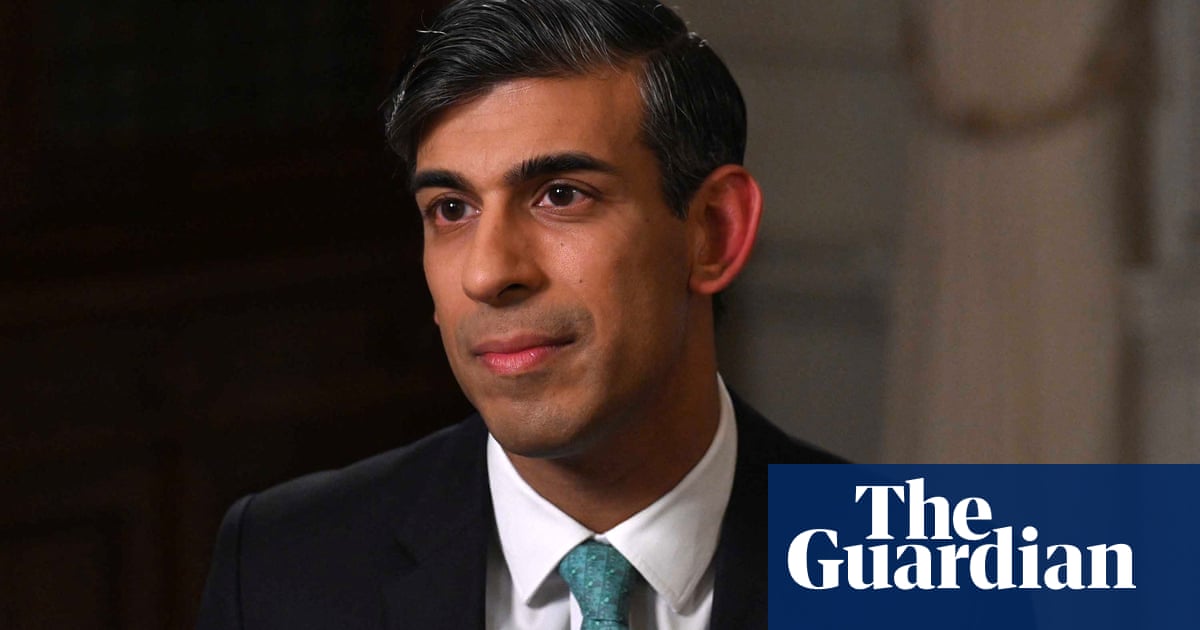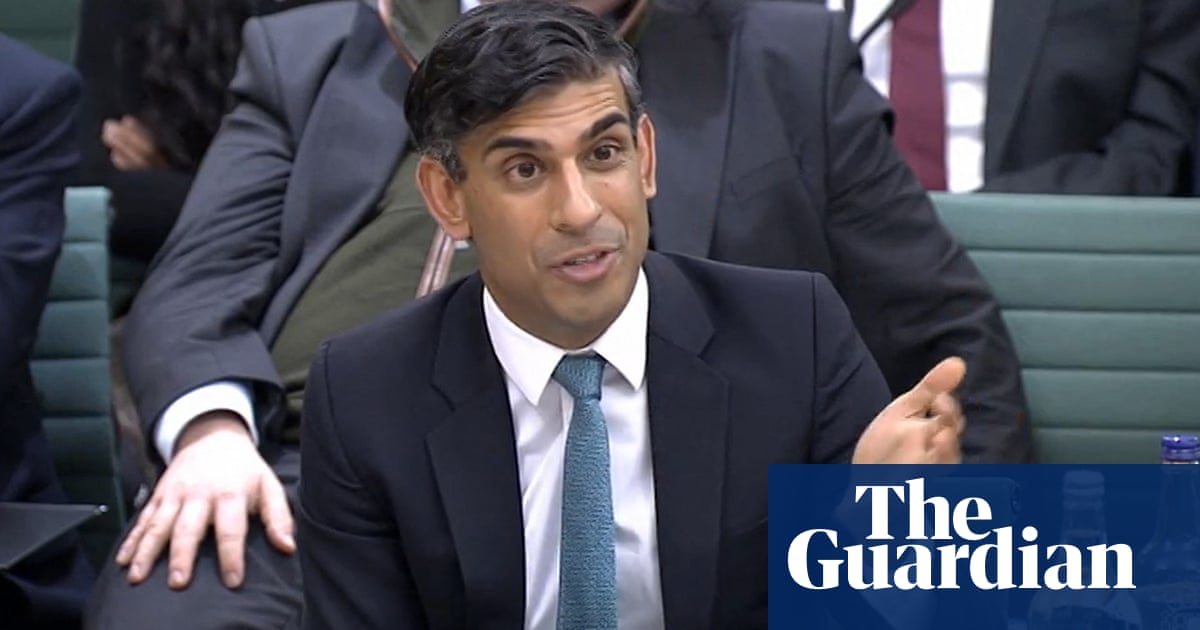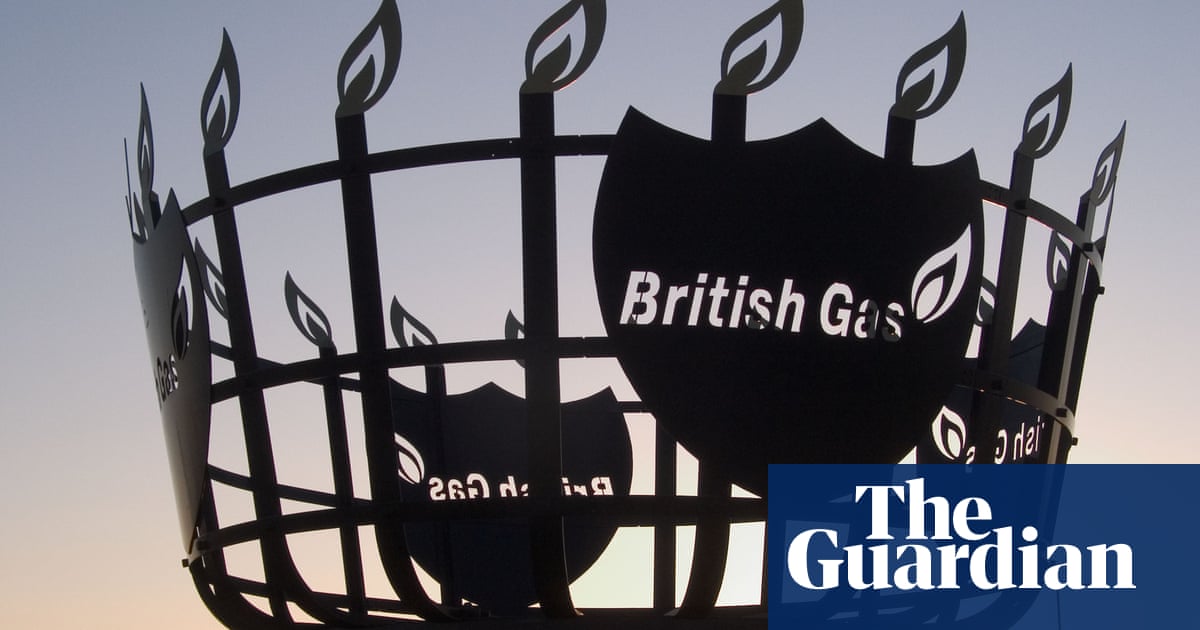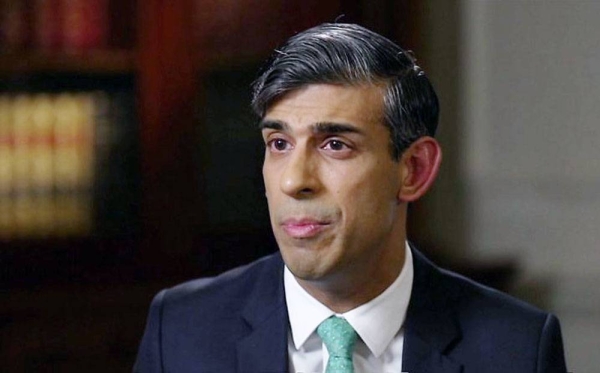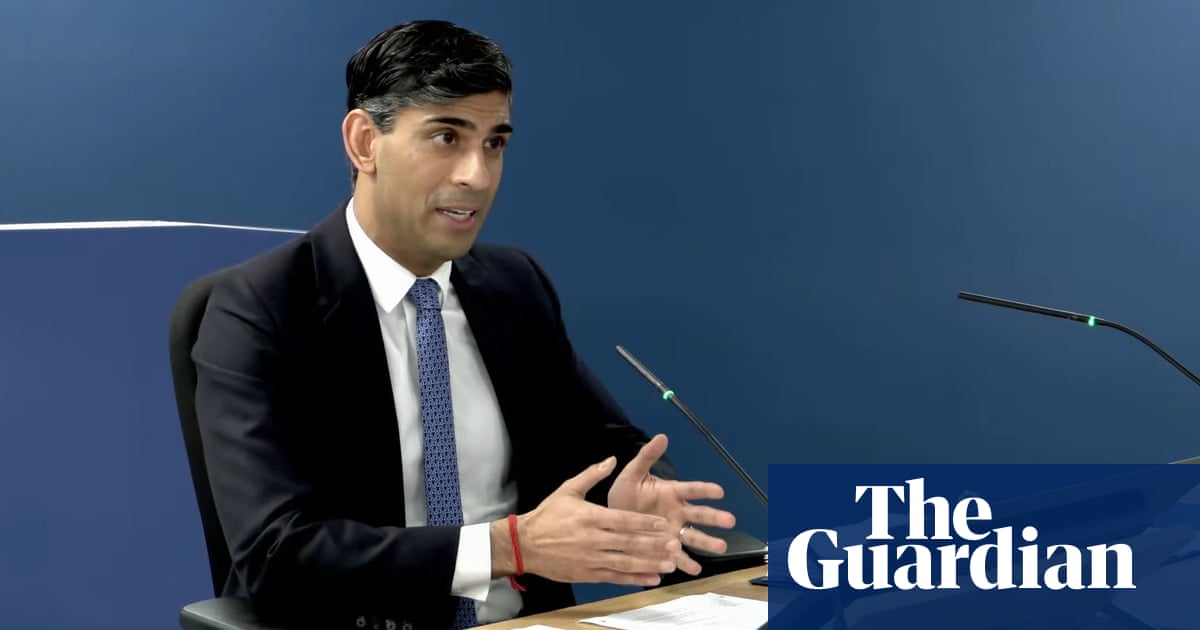
The chancellor, Rishi Sunak, has refused to disclose whether he will profit from a surge in the share price of the Covid-19 vaccine manufacturer Moderna, one of the biggest investments held by the hedge fund he co-founded before entering parliament.
Moderna has become the latest biotech firm to announce successful trials of its vaccine, declaring on Monday that it was 94.5% effective in trials.
Sunak was a founding partner of Theleme Partners, a major investor in Moderna, and one of the executives managing its US office. He left the firm in 2013, returning to the UK to pursue his political career.
It is not known whether the chancellor retained any investment in the Theleme fund after leaving. Theleme is registered in the Cayman Islands, a tax haven which does not make company records public. Ordinarily, a partner in a hedge fund would own a stake in the management company and have money invested in its fund.
A year ago, Sunak declared in the list of ministers’ interests that he was the beneficiary of a blind trust. The contents of the trust have not been disclosed to the public.
Stock market filings show that Theleme has a $500m (£377m) investment in the US-based Moderna, which accounts for around 20% of all the money it manages, about $2.5bn.
Shortly after the news of Moderna’s successful trial broke, the health secretary, Matt Hancock, revealed that the government had secured an advance order for 5m doses of the vaccine.
Theleme is reported to have invested in Moderna before the company was listed on the Nasdaq stock exchange in 2018, when it was valued at more than $7bn. Its share price rocketed this year on the hopes of a vaccine for coronavirus, and its stock market value now stands at $39bn.
Sunak’s office refused to disclose whether his investments included a stake in Theleme’s fund or Moderna at the time his blind trust was created. A Treasury spokesman said: “The Cabinet Office has set out what are judged to be the relevant interests in the regular list of ministerial interests.”
The chancellor appears to have retained contacts with his former firm. John Sheridan, a partner at Theleme, was reportedly asked by Sunak to build a financial model for the government’s business loans programme. The Treasury spokesperson said it was not unusual for politicians to draw on a range of expertise from outside government, and that Sheridan had access to publicly available data.
Since entering parliament, Sunak has revealed almost nothing about his financial interests. His entry in the MPs’ register is among the shortest – stating only that he owns property worth more than £100,000 and receives rental income of more than £10,000 a year. In November last year, after being promoted to chief secretary to the Treasury, Sunak declared financial interests in a “blind trust/blind management arrangement”.
This means that certain assets, likely to include shares, have been passed to another person to manage. Ministers using such trusts have no knowledge of decisions taken about the management of the assets, however critics of the system point out that they remain aware of which assets existed when the trust was created, which could lead to a conflict of interest.
Commenting on the chancellor’s blind trust last month, the Liberal Democrat leader, Ed Davey, said: “The truth with this trust is that the only people that are blind to it are the public. The chancellor only set up the trust 18 months ago but the public has no idea where the money is or whether there is a conflict of interest. With public trust in this government plummeting, greater transparency in all their dealings is essential and the chancellor must show a lead.”
No other chancellor has used a blind trust since details of ministers’ interests began being published in 2009.
The Treasury spokesperson said blind trusts and blind management arrangements were designed to “ensure ministers are not involved in any decisions on the management, acquisition or disposal of items in the arrangement”. They said such trusts had been used by “politicians of all stripes”, including members of the last Labour government, to avoid any conflict of interest.
A government source said the chancellor had followed the process set out in the ministerial code. His interests had been reviewed by the Cabinet Office and the prime minister’s independent adviser on ministerial interests, Sir Alex Allan, who were “satisfied with the arrangements”.
However, the government’s decision to purchase the Moderna vaccine will intensify calls for Sunak to disclose whether he stands to benefit from the company’s success. “The chancellor must now declare these interests in full,” said Cat Hobbs, the director of the campaign group We Own It. “Anything less than a full disclosure is thumbing his nose at the British public.”
Johnson’s government is facing mounting criticism over ethics and propriety. In a talk this month, the standards watchdog, Jonathan Evans, spoke of “real concern” that public trust in ministers was eroding. The former MI5 director general, who chairs the committee on standards in public life, said there was growing talk of a “post Nolan age”. Judge Michael Nolan was the committee’s founding chair, and his report set out principles for public life following corruption scandals 25 years ago.
In late October, Moderna said the UK’s Medicines and Healthcare products Regulatory Agency had begun a “rolling review” of its product, a process designed to fast-track the approval of new medicines. Leading Monday’s Downing Street press conference, Hancock announced the deal with Moderna, saying it had been negotiated earlier that day, and that the first doses could be delivered to the UK in spring next year.
Moderna has already signed advance purchase deals with the EU and the governments of Canada, Japan and the US – which has committed to paying $1.5bn for 100m doses. Its vaccine is among the most expensive, costing up to £45 for a course of two shots.
MPs are not obliged to declare minority shareholdings. The requirements are stricter for ministers, who must declare any financial interests deemed relevant to their portfolio of responsibilities.
Publishing the November 2019 list of ministers’ interests, the then parliamentary secretary for the Cabinet Office, Chloe Smith, said: “Ministers must ensure that no conflict arises, or could reasonably be perceived to arise, between their ministerial position and their private interests, financial or otherwise. The list captures those interests relevant to ministers’ ministerial responsibilities.”




